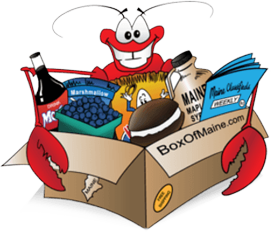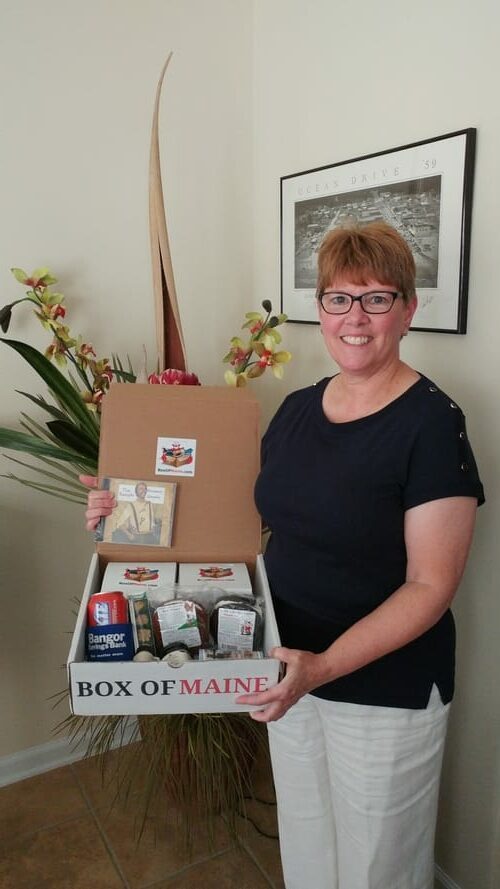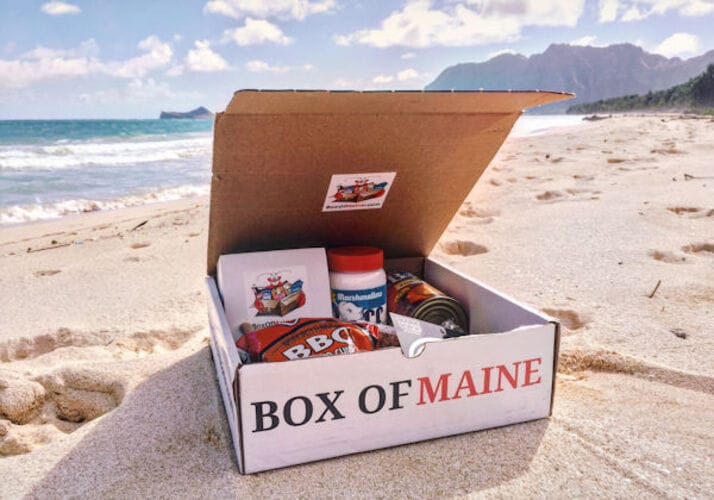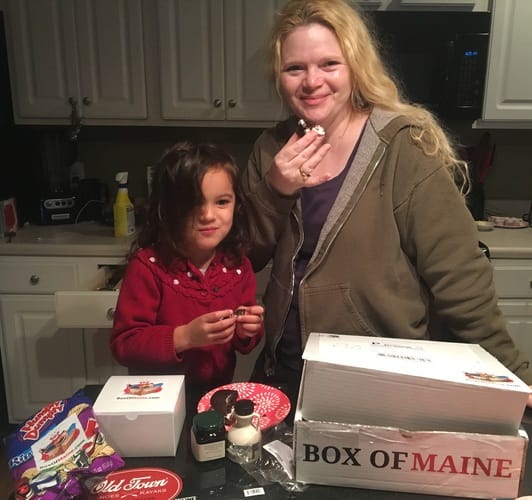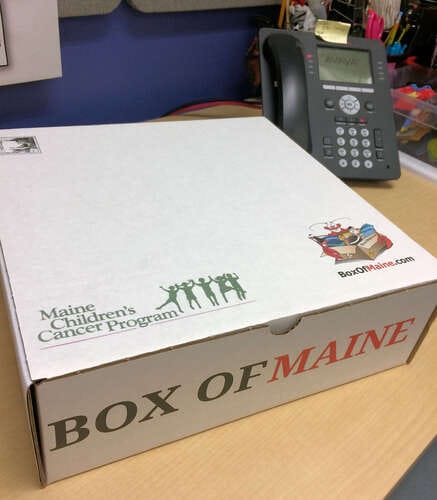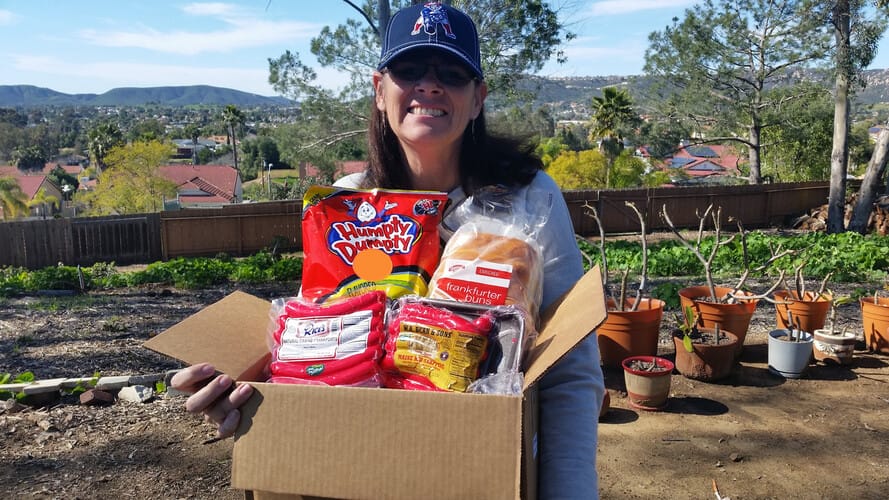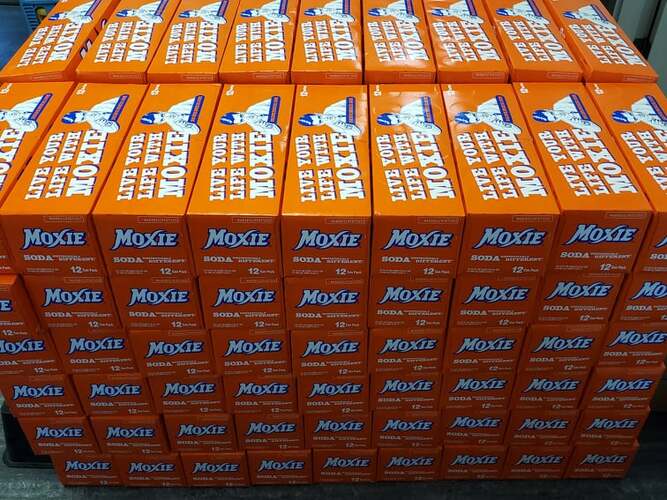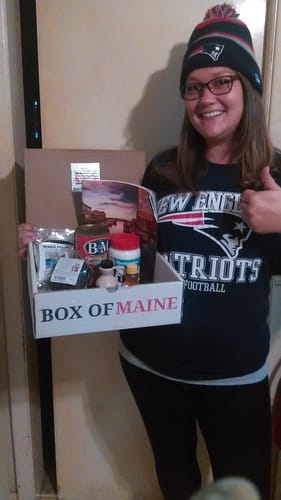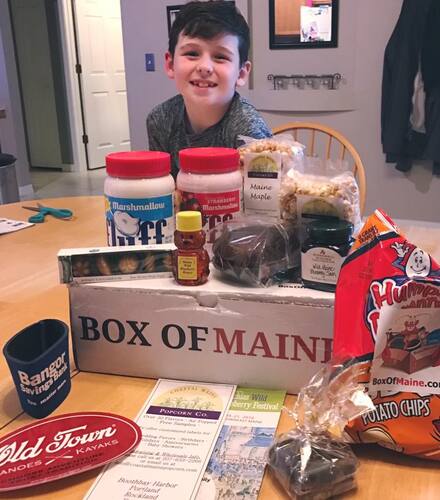BlogCanning in Maine: A Timeless Tradition

We’ve been doing a whole lot of talking about various seasons in the past few blog posts, and we don’t have any intention of stopping! As summer winds down and slowly gives way to the cooler air and shorter days of fall, we Mainers are enjoying the fruits of a laborious season. Summer is the main growing season for every Mainer with a garden or crop they harvest. At the tail end of this growing process, many folks are picking fruits and veggies and using them in a variety of ways. Harvest season brings a flurry of activities, the most common being canning.
What is it?
Canning is a way to preserve fresh foods over a long period of time. It is done by boiling a glass jar (typically mason jars) in a bath of water and allowing the heat to seal the jar and lid. The act of heating the jars both pressurizes the contents. Additionally, it kills any residual bacteria that could eat away at the food item as it sits on a shelf. This is a genius way to extend the longevity of a food product and to make sure delicious food is readily available.

Mainers find themselves worrying about food security throughout our long winters. Unfortunately, there have been many instances where residents have found themselves without a way to get to a local supermarket. Roads may not be plowed, electrical lines may be down, or fallen trees may be blocking the road. However, having access to food is a requirement.
History of Canning
Surprisingly, canning has been around for well over two decades. In the 1700’s, France was going through numerous wars. After struggling with feeding their armies, Napoleon finally decided to find a solution. There was a cash prize for whoever came up with a functional way to preserve food for troops.
Nicholas Appert came up with a reasonable answer to the problem. Initially, his design worked but was too cumbersome for the armies to put in practice. Tin cans were formulated first, but by 1858, John Mason patented the Mason jar. This fanned the flame of popularity, and everyone began canning afterwards.

Subsequently, the practice passed to the United States. Those who relied on the bounty of their summer harvest were overjoyed. They could keep their garden treasures safe on their shelves for years without ever worrying about bacteria growth.
The benefits? Naturally, keeping food over a long winter season in Maine has been desirable from the very beginning. Nowadays, we use canning as a way to save money at supermarkets during the winter. Plus, it’s just fun to do!
Two Types of Canning
There are two different ways to can foods, and both of them sound daunting! However, the process is a pretty straightforward one. These days, the majority of companies that use tin cans are those that are large-scale operations. Your everyday home gardener will use glass Mason jars. For this blog, we’ll stick to what we know: glass jar canning.
Water bath canning involves prep-boiling glass jars, filling them with acidic crops (think tomatoes, jellies, and fruits), topping them with a lid, and gently placing them in a large pot of boiling water. Typically, these pots are quite wide and can fit a bigger amount of mason jars inside. Folks use wire racks to keep the jars off the bottom of the pot. This allows the water to touch every part of the jar.

Furthermore, there are ratios to how much time to leave jars in the boiling water, and those are entirely dependent on what it is that is being canned.
The second method is pressure canning. This involves a pressure canner and is used for less acidic foods like cucumbers and meats. Jars are placed in the canner, water is poured over the top (ratios vary), and a specific amount of pressure is maintained for a certain length of time.
Timeless Maine Tradition
For many, canning is a perfect way to preserve their hard-grown food over a long winter. In Maine, especially, canning comes as easy as breathing to some folks. Mason jars around here are used to hold the summer’s bounty, and everyone trades canning recipes and canned products.
Funnily enough, over the pandemic, canning supplies in Maine were completely sold out at almost every hardware store. Maybe folks were reigniting their love for skills they didn’t normally use, or maybe they just wanted to learn how to practically keep homegrown food safe. Either way, we are excited to see interest in this important Maine tradition have a second wind of popularity.
Interact with Us!
We’ve recently brought in a bunch of pickled products canned by Mike’s Maine and Maine Homestead. In our retail gift shop you can find pickled dilly beans, fiddleheads, beets, jam, relish and more. We also have a variety of shelf-stable jams, jellies, seafood, and mustard! We appreciate any and all methods of preserving the delicious flavors of Maine, and we always love sharing the joy with our customers.

We hope you learned something new, or maybe got a refresher and have been inspired to can something of your own. Contact us and let us know what you took away from this blog! We appreciate you all.
